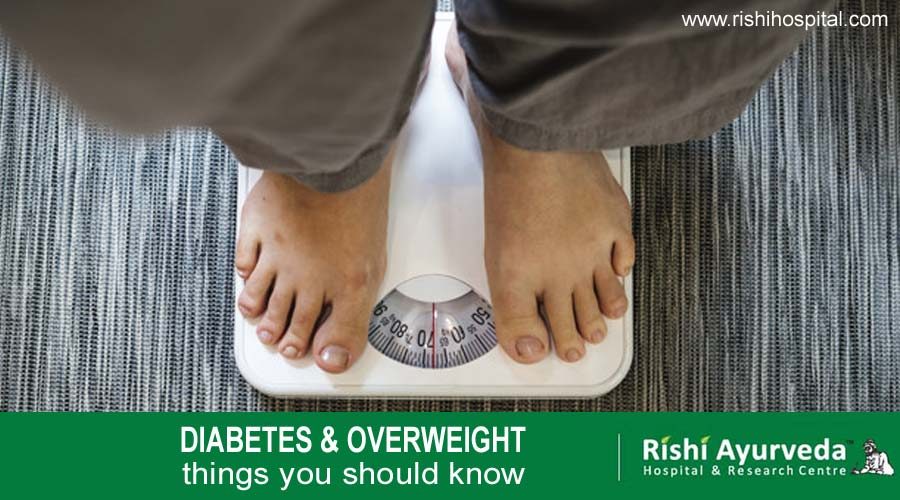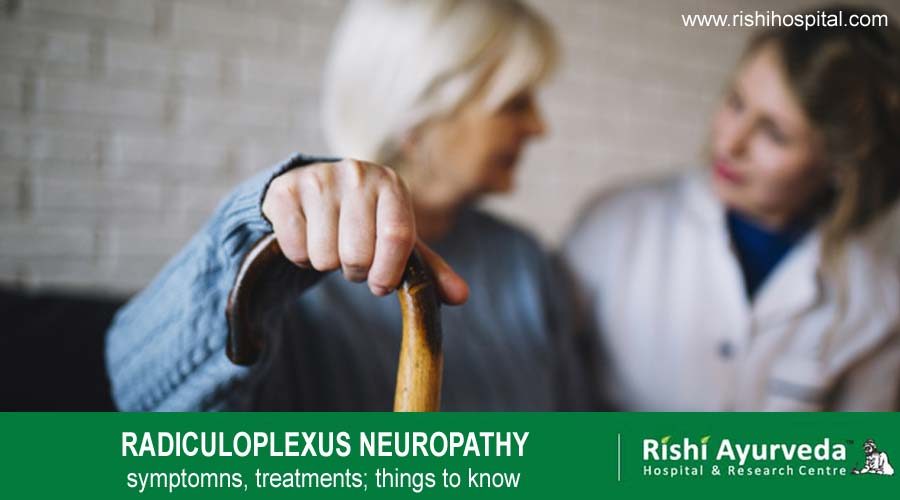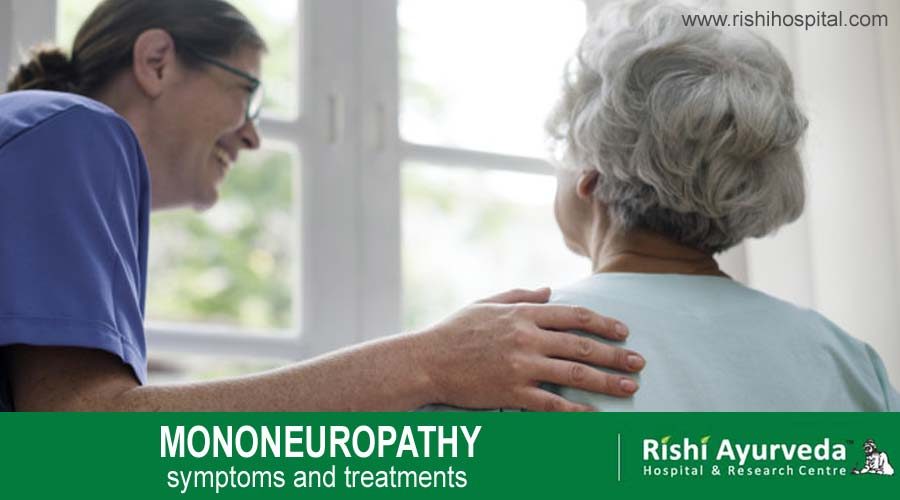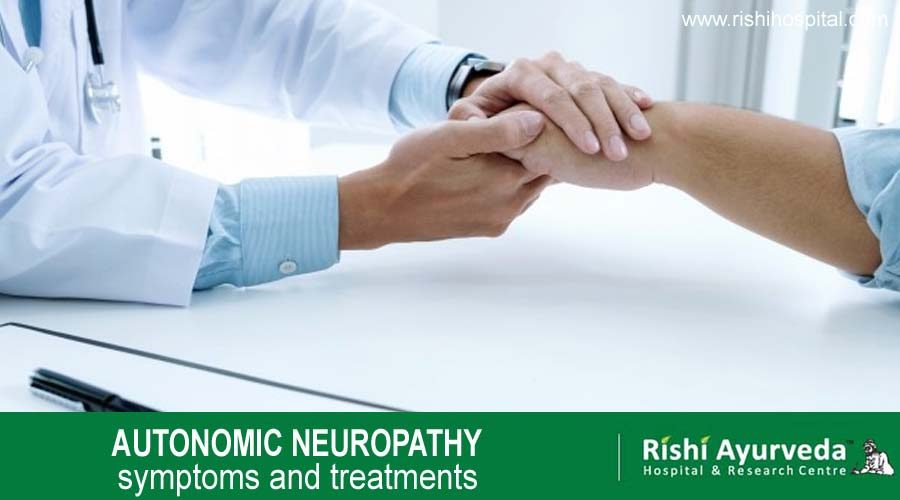PREAMBLE COVID – 19 disease caused by SARS-CoV-2 Coronavirus is relatively a new disease, with fresh information being known on a dynamic basis about the natural history of the disease, especially in terms of post-recovery events. After acute COVID-19 illness, recovered patients may continue to report a wide variety of signs and symptoms including low-grade fever, fatigue, body ache, cough, sore throat, difficulty in breathing etc. all of which may relapse and remit. If the symptoms persist for 4-12 weeks post-recovery, it is called ongoing symptomatic COVID
PREAMBLE The COVID-19 pandemic has created a global health crisis posing an unprecedented public health emergency. The number of deaths and people being infected are increasing daily throughout the globe. This situation is much more severe due to the possible devastating social and economic state of affairs evoked by the unanticipated pandemic. Effective management to address this infection is still evolving and attempts are being made to integrate traditional interventions along with standard care. Here at RISHI AYURVEDA HOSPITAL AND RESEARCH CENTRE, we comprehend the factuality that Ayurveda
Overweight or obesity is proven to be one of the major reasons of diabetes after genes and lifestyle. Regular exercise and following healthy diet will help us maintain blood sugar levels under control and thus prevent the risks of diabetes. Losing weight may help prevent diabetes to greater extents. If you have type 2 diabetes, Rishi Hospital suggests you to lose weight and become more physically active. This will help you keep the blood sugar levels within the limit. YOU
Overweight remains one of the major causes of diabetes. Control it to prevent or reduce risks of diabetes. Overweight or obesity is associated with a number of health problems including diabetes. It increases the risks of diabetes, heart diseases and certain types of cancer among others. Overweight in pregnant ladies affect the babies even. Here Rishi Hospital explains how the overweight affects diabetes. Health Problems associated with overweight include type 2 diabetes, high blood pressure, fatty liver disease, certain types of cancer,
If diagnosed and treated in time, Diabetes is not a serious illness. But, a delay in beginning the treatment in time could lead to death. In short, it is very important to diagnose and treat it at the earliest as possible. How could you know if you have developed diabetes? Though analyzing the symptoms one may be able to identify it, not everyone can analyze it properly. ALSO READ: DIABETES AND TREATMENT: WHY EARLY DIAGNOSIS IS IMPORTANT? At first, people may go wrong
Following a healthy diet and regular exercise are the two most successful ways to control diabetes. Once affected with diabetes, you can control it only with regular exercises and following a healthy diet. Here we are discussing three super foods for diabetes. Including these foods will improve your health and help you fight diabetes in a better way. Non-Starchy Vegetables Non-starchy vegetables like broccoli, beetroots, artichokes, asparagus and others have fewer carbs per serving. These vegetables not only satisfy your hunger but also
People with diabetes must take care to include foods with low glycemic index (GI) score in their daily diet. Some foods are healthy, nutritious and full of proteins and vitamins. But this does not mean that they are good for people with diabetes. Here is how you can choose the right foods with low GI scores. Choosing foods must be done very carefully. Besides nutrients, one needs to note down the glycemic index (GI) of a food before including that food into
Radiculoplexus neuropathy also known as diabetic amyotrophy is another type of diabetic neuropathy. It affects nerves in the buttocks, hips, thighs, or legs. People with type 2 diabetes and older adults are more prone to it. This type is also called proximal neuropathy or femoral neuropathy. YOU MAY LIKE: DIABETES AND TREATMENT: WHY EARLY DIAGNOSIS IS IMPORTANT? Symptoms Symptoms of Radiculoplexus neuropathy normally affect one side of the body. But, sometimes they may spread to both the sides. ALSO READ: COMPLICATIONS OF DIABETES, A
Mononeuropathy, another type of diabetic neuropathy, affects a specific nerve on the face. Hence, this is also called focal neuropathy. This form of neuropathy also affects the nerves on middle of the body (torso) or leg. Older adults are most prone to this. Though Mononeuropathy often attacks suddenly and can cause severe pain, it usually does not cause problems for long-terms. The symptoms will go away in a couple of weeks’ time or within a few months. This type
Autonomic neuropathy is related to the autonomic nervous system which controls your heart, stomach, eyes, intestines, bladder, and sex organs. When diabetes affects nerves in any of these areas, you are said to have autonomic neuropathy. YOU MAY LIKE: DIABETES AND TREATMENT: WHY EARLY DIAGNOSIS IS IMPORTANT? Neuropathy is all about the nerves and the diseases which are related to them. Diabetic neuropathy is that form of neuropathy caused as a result of diabetes. There are various types of diabetic neuropathy.













